Your car’s engine is its heart, and recognizing the warning signs of trouble can save you from unexpected breakdowns or some really expensive repairs. Ignoring these red flags could leave you stranded or facing a total engine replacement, so it’s always best to keep note of what your car needs. Your car will give you lots of warnings to tell you that your engine is unhealthy and might need some urgent attention. In this article, we’ll take a look at some of the key indicators that your engine might be on its last legs.
Persistent Check Engine Light
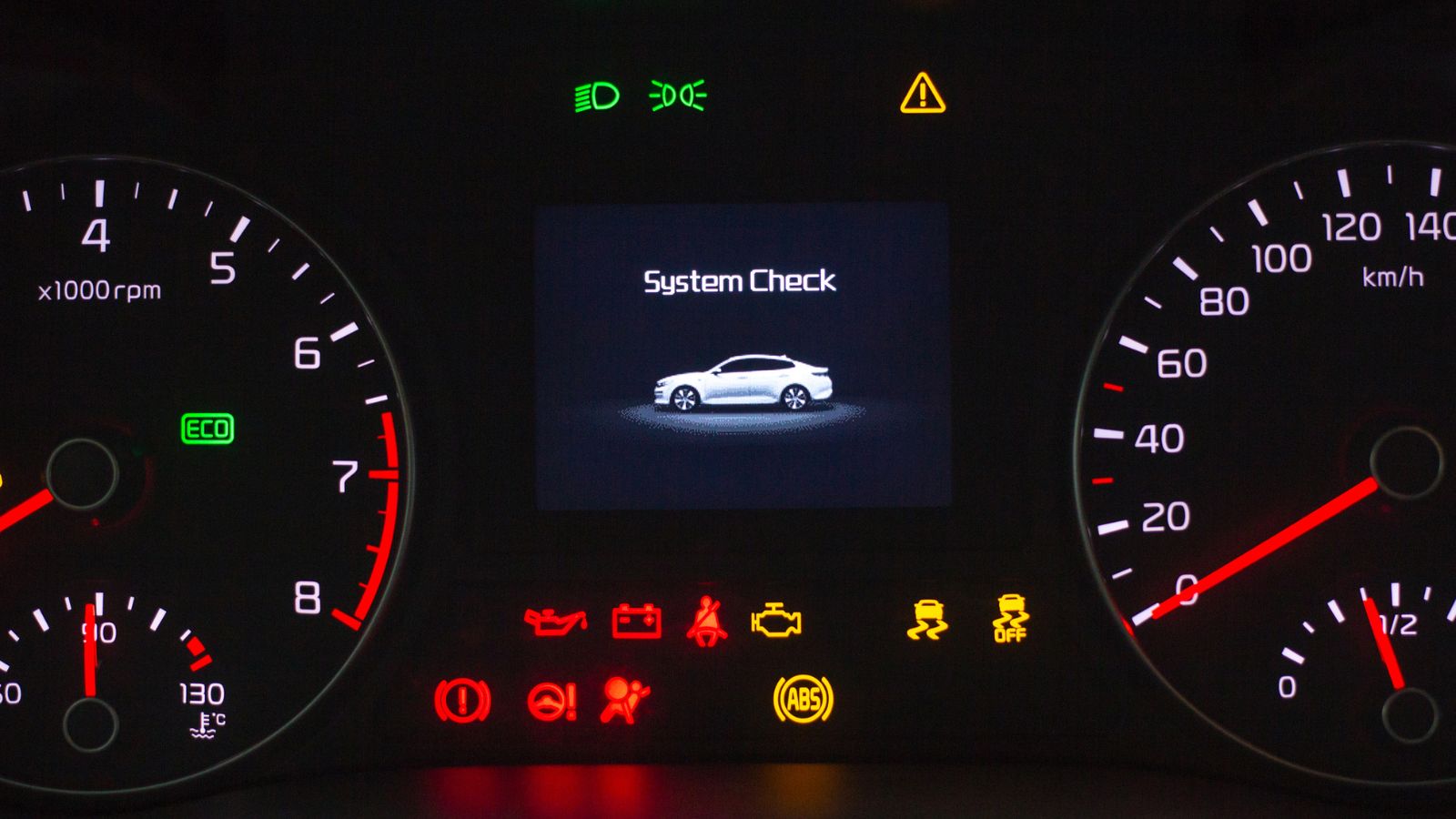
When the check engine light turns on, it’s a clear sign that something is wrong under the hood. While not all alerts mean your car will completely break down, persistent warnings should never be ignored. Issues can range from minor sensor malfunctions to major problems like failing spark plugs or a misfiring cylinder.
Diagnosing the cause of your engine light can help prevent much worse damage. Mechanics can use an OBD-II scanner to give you a better idea of what’s happening.
Excessive Exhaust Smoke
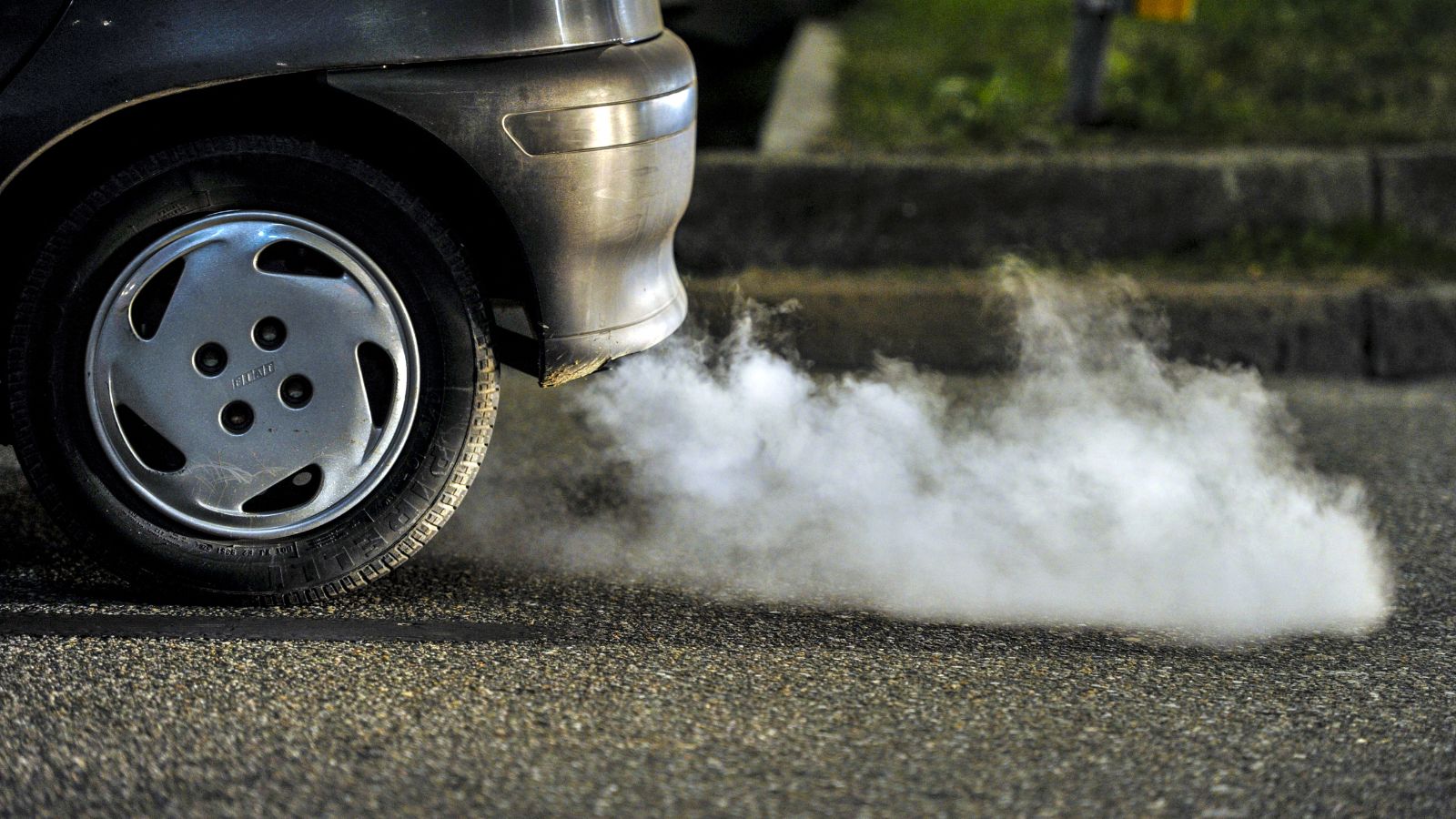
Thick or unusually colored smoke from the exhaust pipe is often a sign that you have a problem. Blue smoke suggests burning oil, which might mean your piston rings or valve seals are worn. Black smoke usually points to an overly rich fuel mixture and white smoke can signal coolant leaking into the combustion chamber of your engine, often a result of a blown head gasket.
None of these are good news for your engine’s health, so you should always regularly monitor your exhaust’s appearance to help you catch problems early.
Knocking or Pinging Sounds

Strange noises like knocking or metallic rattling while the engine is running, should never be ignored. These sounds often indicate detonation, where fuel is igniting unevenly in the combustion chamber. If you leave this problem without fixing it, the knocking can damage really important parts of your engine, like the pistons and connecting rods.
Oil Leaks or Low Oil Levels
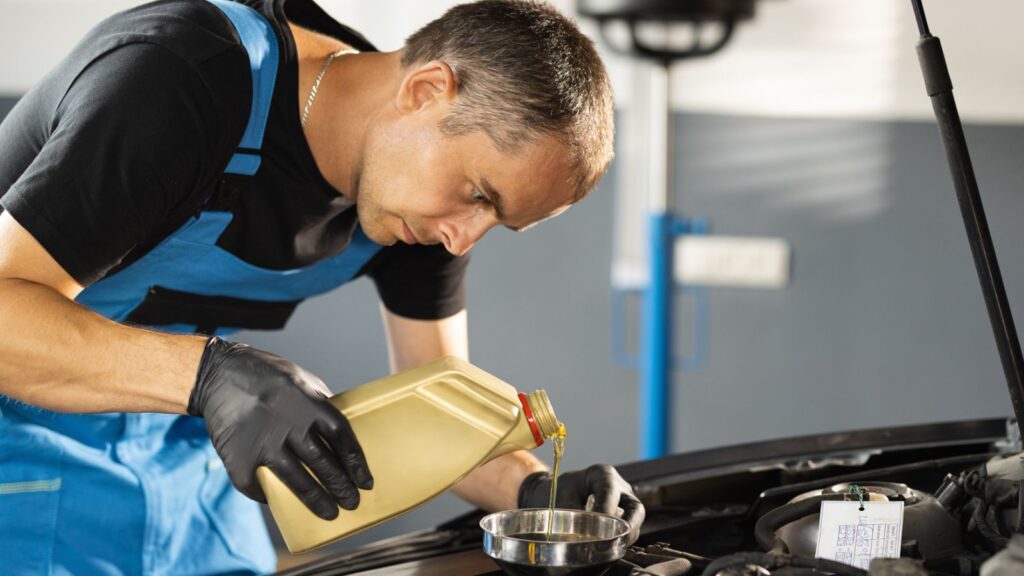
If you find oil spots under your car or you frequently need to top up the oil, this is another big sign that something isn’t right. Leaks often come from worn-out seals or a cracked oil pan. Low oil levels, on the other hand, could mean your engine is burning oil internally—a serious issue that requires immediate attention. Just keep an eye out for leaks under your car, and make sure to check your oil levels often. If you follow these simple steps, your car should stay safe.
Loss of Power

A big drop in your car’s performance, such as sluggish acceleration or difficulty maintaining speed, could point to engine trouble. This loss of power could be because of a failing fuel pump or a clogged air filter. In worse cases, it could mean there are compression issues within the engine cylinders.
If you ignore these problems, they will likely get a lot worse and you could be increasing the chances for some much worse engine damage.
Overheating
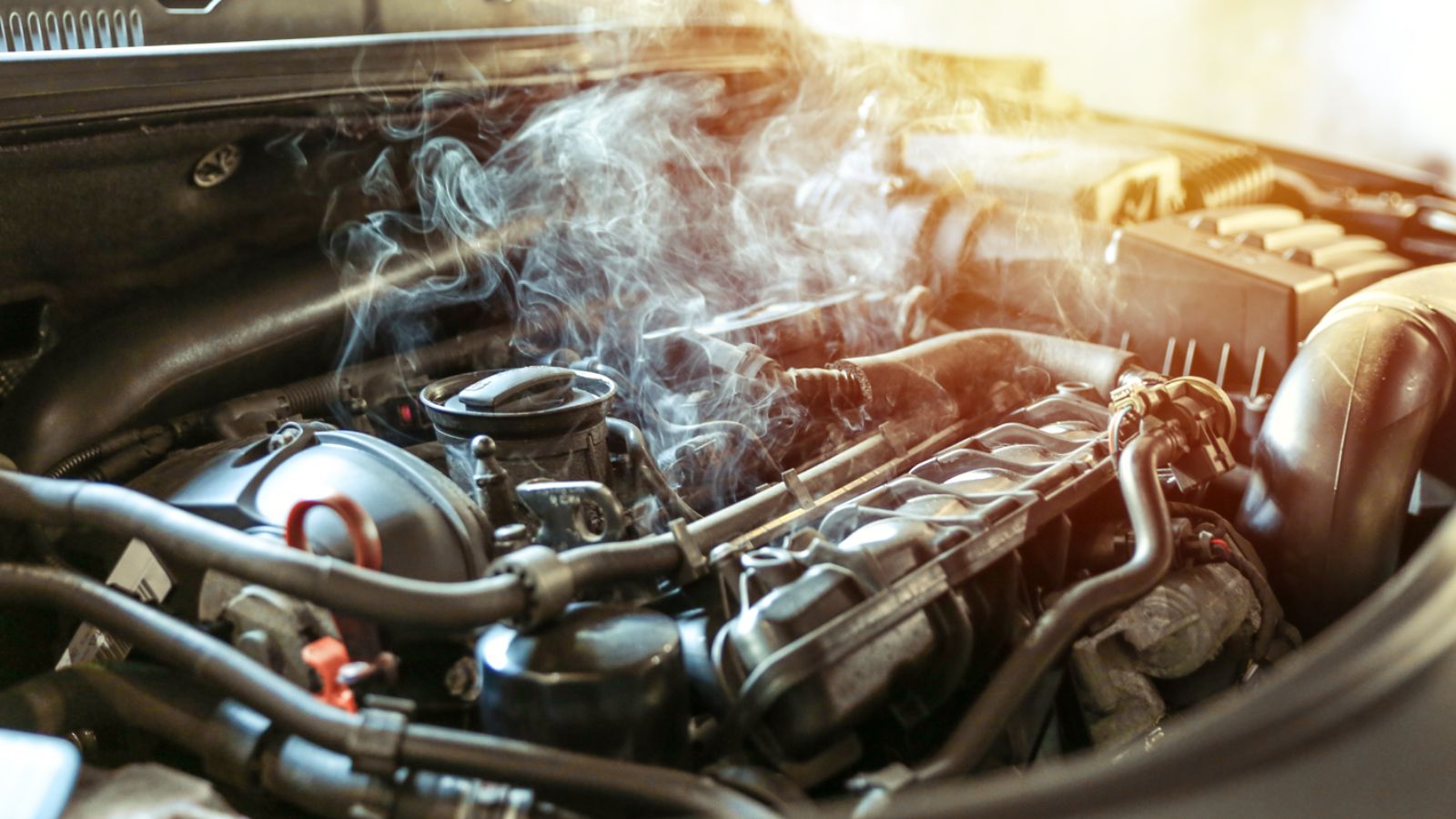
An engine that overheats regularly is a major cause for concern because it often comes from cooling system issues, such as a failing radiator or a leaking coolant hose. If you drive with an overheated engine it can warp your cylinder heads or damage internal components, leading to costly repairs.
Paying attention to your temperature gauge and keeping up to date with any cooling problems you might have can save your engine from severe damage. Just ensure your coolant levels are topped up, and your cooling system is in good condition if you want to avoid overheating in the first place.
Rough Idling

If your car’s engine shakes or feels rough while idling, it might be struggling to keep a steady RPM. Causes of this problem can be dirty fuel injectors or a failing ignition system. These issues can lead to bad fuel efficiency and, if ignored, might cause some even more severe engine damage.
Keeping up with routine maintenance, like replacing filters and spark plugs, will help prevent this problem. Whatever you do, always address the rough idling as soon as it starts if you want to ensure your engine runs smoothly and safely.
Decreased Fuel Efficiency

If you’re suddenly visiting the petrol station more than usual, your engine might not be operating as well as it should. Causes of bad fuel economy can include dirty fuel injectors, a malfunctioning oxygen sensor, or even a failing mass airflow sensor. These issues force your engine to work much harder than it should, consuming more fuel than necessary. Routine maintenance, including air filter replacements and system cleanings, is really important if you want to keep your engine running economically long into its old age.
Strange Odors
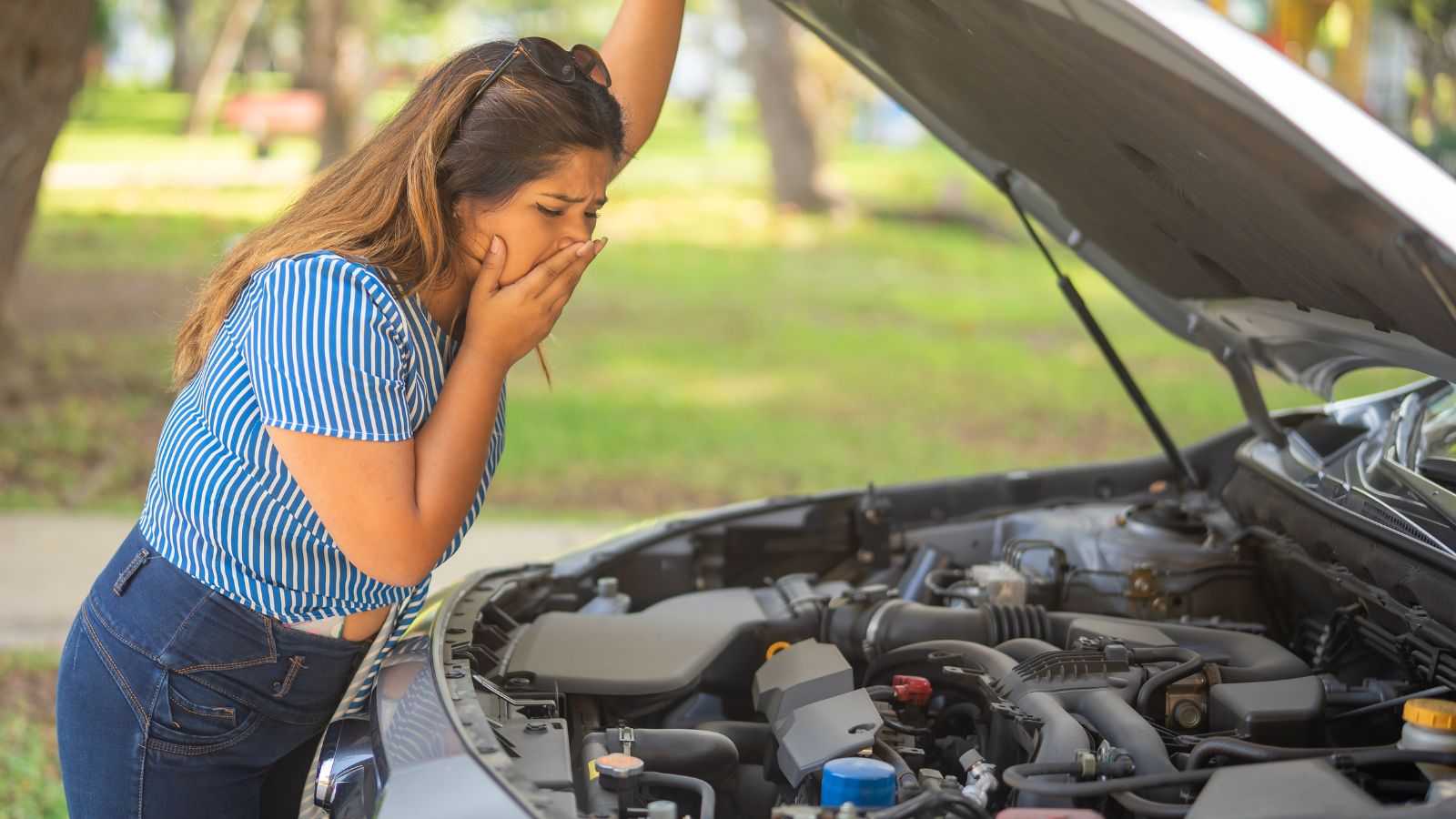
Unusual smells coming from your car can be another indication of engine trouble. Burning oil, leaking coolant, or even melting plastic components can produce distinct and unpleasant odors. A sweet smell often signals a coolant leak, while a burning scent may mean something is overheating.
If you notice any odd smells, it’s really important that you check your engine immediately because ignoring these warning signs can lead to serious damage. Checking under the hood for leaks or burnt wiring and seeking the help of a professional mechanic will keep your car in good shape and ensure you’re safe while driving.
Vibrations or Shaking While Driving

Experiencing vibrations or shaking while driving can often point to engine problems such as faulty spark plugs or imbalanced engine components. These issues can hurt your cars performance and increase wear on your its drivetrain. Vibrations don’t just make driving uncomfortable, they also show that your engine isn’t operating smoothly. If your car starts to show any of threse problems, addressing the issue promptly can prevent further damage.
Excessive Engine Noise

Engines always make noise, but unusual sounds like grinding or hissing mean there’s something wrong with your car. Continuing to drive with these sounds can lead to really bad damage and really expensive repairs. Always listen to your engine and take action quickly so you can resolve any issues before they escalate, preserving your engine’s longevity and keeping repair costs down.
Difficulty Starting

This problem might be linked to a weak battery, a failing alternator, or more severe issues like low compression or a faulty fuel system. These starting issues can become much more frequent if you don’t get them fixed, eventually leaving you stranded in the middle of nowhere. Identifying the root cause as soon as possible ensures your engine will always get you home safe.
If you manage to address the problem early, it will help you avoid more expensive repairs or a complete engine breakdown in the future.
Metal Shavings in the Oil

Metal shavings appearing in your engine oil is never a good sign. This indicates that internal components, like bearings or cylinders, are wearing down and grinding against each other. If you don’t stay on top of this, this wear can lead to severe engine damage or total engine failure if you’re really unlucky.
Regular oil changes provide an opportunity to catch this issue early. Addressing the underlying cause might involve replacing worn parts or even bigger repairs, but catching it early can save the engine from irreversible damage.
Low Compression
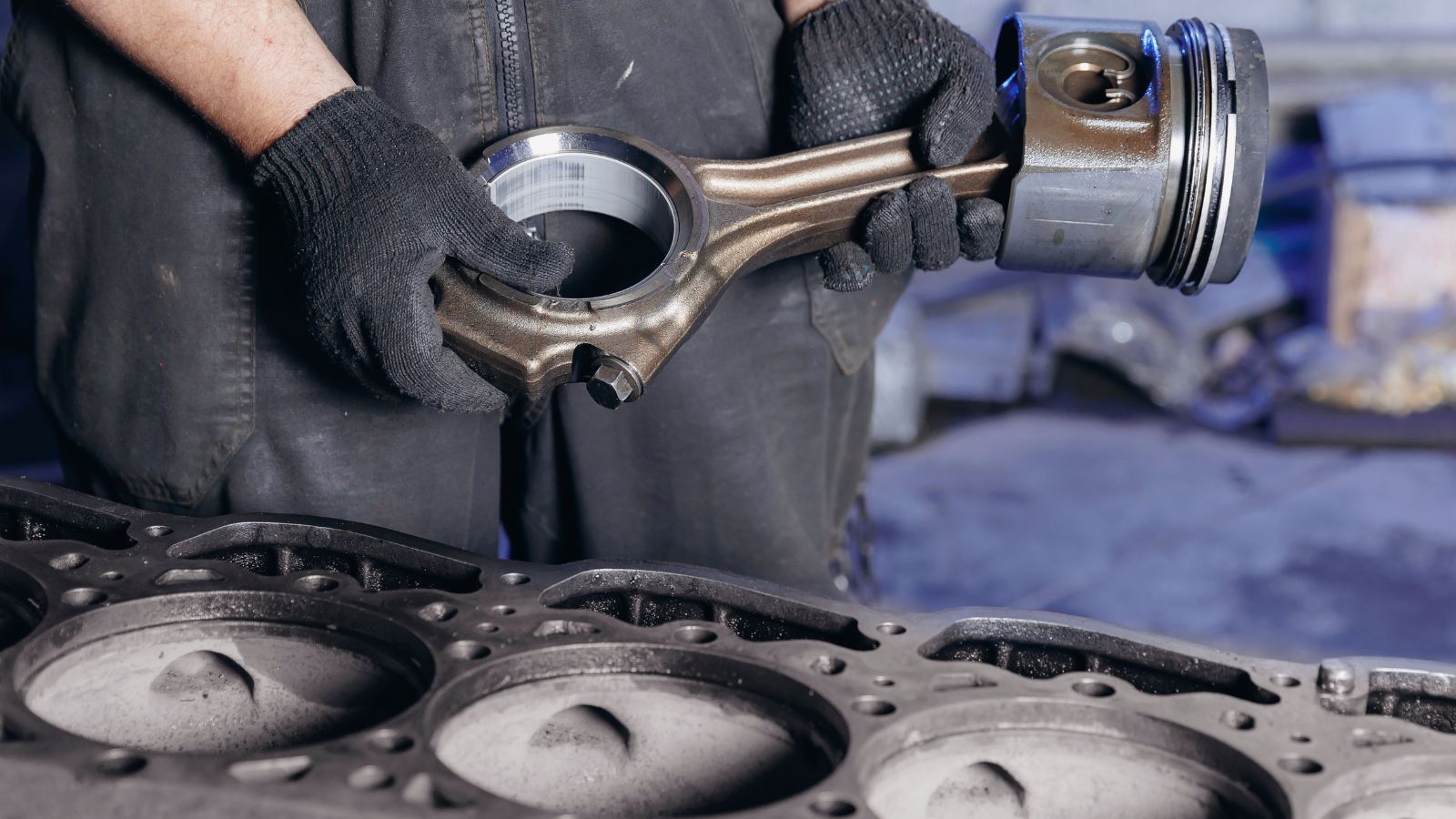
An engine with low compression will struggle to generate the power needed for efficient performance. Common signs you can look out for include misfiring, poor acceleration, or difficulty starting. Low compression usually happens because of worn piston rings or damaged valves, but if you’re really unlucky it might be because of a blown head gasket.
All of these issues require your immediate attention, as continued driving can make the damage much worse and you might be left with no engine, let alone a repair bill.
Engine Stalling

When your car stalls unexpectedly, it’s a clear sign that something is wrong. Stalling might occur due to problems like a failing fuel pump or an issue with the ignition system, but whatever it is, you won’t have any choice but to get it fixed. It might seem like a minor inconvenience at first, but frequent stalling puts additional strain on the engine and can lead to much more serious problems. Regular maintenance and inspections to your engine bay can help identify and resolve these issues long before they escalate into major engine problems.
